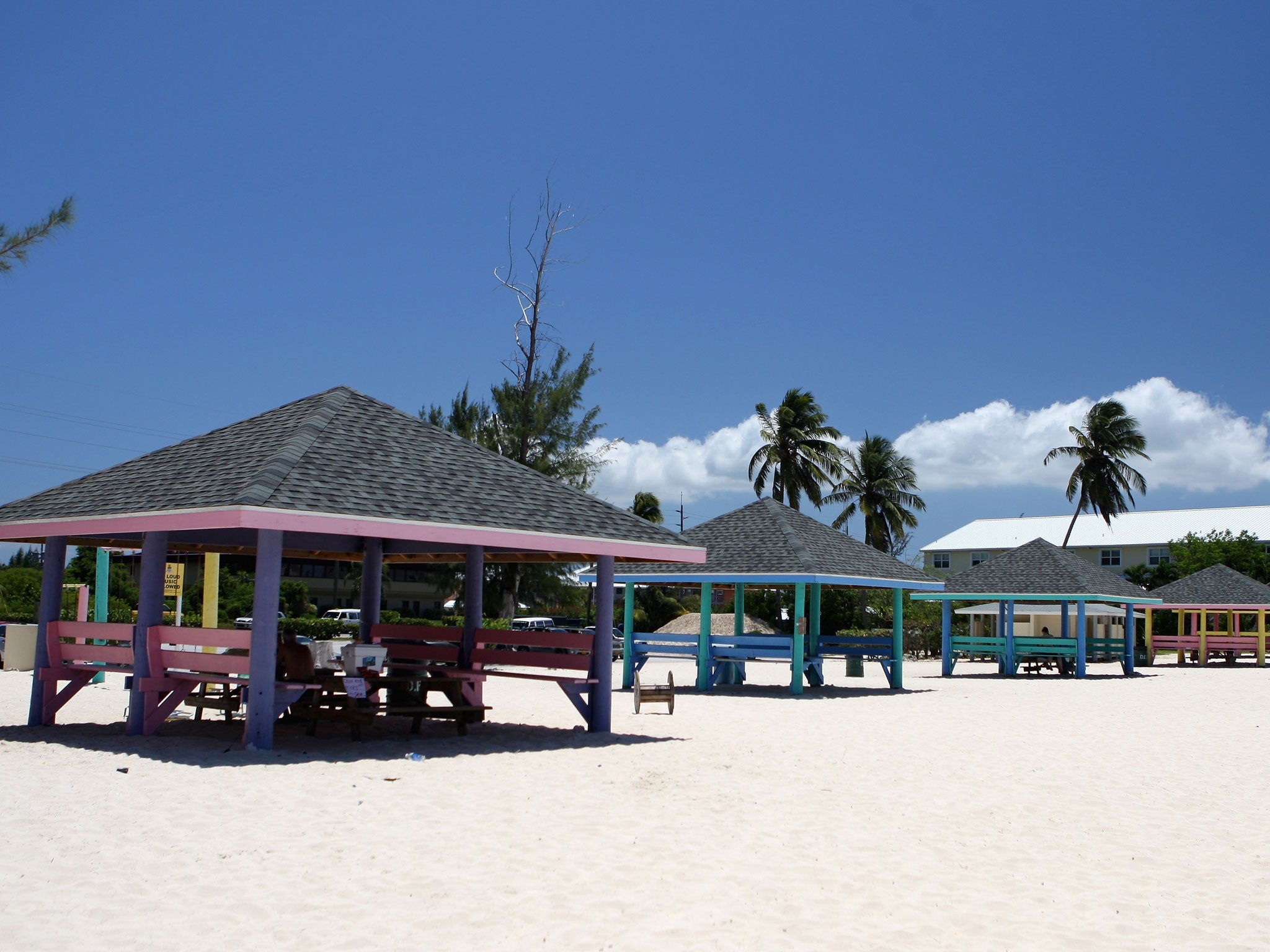The leak of the Panama papers has done the world a huge service
Progress has been made in tackling tax avoidance in Britain, but these leaks remind of the need for continued focus on the problem

Your support helps us to tell the story
From reproductive rights to climate change to Big Tech, The Independent is on the ground when the story is developing. Whether it's investigating the financials of Elon Musk's pro-Trump PAC or producing our latest documentary, 'The A Word', which shines a light on the American women fighting for reproductive rights, we know how important it is to parse out the facts from the messaging.
At such a critical moment in US history, we need reporters on the ground. Your donation allows us to keep sending journalists to speak to both sides of the story.
The Independent is trusted by Americans across the entire political spectrum. And unlike many other quality news outlets, we choose not to lock Americans out of our reporting and analysis with paywalls. We believe quality journalism should be available to everyone, paid for by those who can afford it.
Your support makes all the difference.The leak of the “Panama papers” is in itself one of the most effective anti-tax-avoidance measures ever devised. Thanks to the public-spirited action of one individual, who apparently sought no financial reward, rich people around the world will now be a little less likely to try to hide their financial affairs in tax havens.
Apart from soliciting further such leaks from other improbably named law firms in low-tax territories, though, what should governments do to reduce tax avoidance, tax evasion and money laundering?
We should acknowledge that, despite the Prime Minister’s embarrassment about his late father’s name appearing in the leaked documents, the Government he leads has worked fairly hard on this subject. By “fairly hard” we mean that it has kept running to stand still – that it has as good a record as past British governments, and as most governments of other rich democracies, in the constant struggle to deal with a complex, changing and ultimately intractable problem.
David Cameron did at least put tax transparency on the agenda for the G8 summit in Northern Ireland in 2013, and will host a follow-up conference in London next month. “We need to shine a spotlight on who owns what and where money is really flowing,” he said at the time. It is ironic that this spotlight should have turned to shine on his own family’s finances, although his father’s use of Panama-registered businesses for investment funds was legitimate and had already been well reported.
What is more, Mr Cameron is entitled to point out that a lot of international work has been done in recent years to reduce secrecy. “Swiss bank account”, for example, is no longer a synonym for uncountable, unaccountable and morally questionable money.
Closer to home, progress has been made in regularising the status of the Crown dependencies, the Channel Islands and the Isle of Man. The days of Amazon deliveries from an address in Jersey are a thing of the past. It is worth asking again why, apart from a sentimental historicism, these territories should be entitled to special tax status. But recent changes have been in the right direction.
There is always more that could be done. Some radical policies might be worth considering, but have negative effects on privacy. In Norway, all citizens’ tax records are made public. Presumably this inhibits illegal and unethical behaviour, but it does not make for a happier, more united society. If privacy for individuals of modest means is to mean anything, it should extend to their finances, and therefore to the finances of the better-off, too.
Generally, however, there is no alternative to the unglamorous and technical work of securing international agreements to reduce the scope for offshore financial engineering. Most tax havens are either territories belonging to rich countries such as the UK, the US or the Netherlands, or they are poor countries such as Panama that have stumbled on low taxes and lax laws on disclosure as a way of making money from brass plates. Making one location less attractive to global capital merely pushes money to others. Solutions need to be co-ordinated and are likely to move at the pace of the slowest ship in the international convoy.
If the publication of the Panama papers speeds up the slowest ship by increasing the pressure of public opinion on governments, the leaker will have done the world another service.
Join our commenting forum
Join thought-provoking conversations, follow other Independent readers and see their replies
Comments